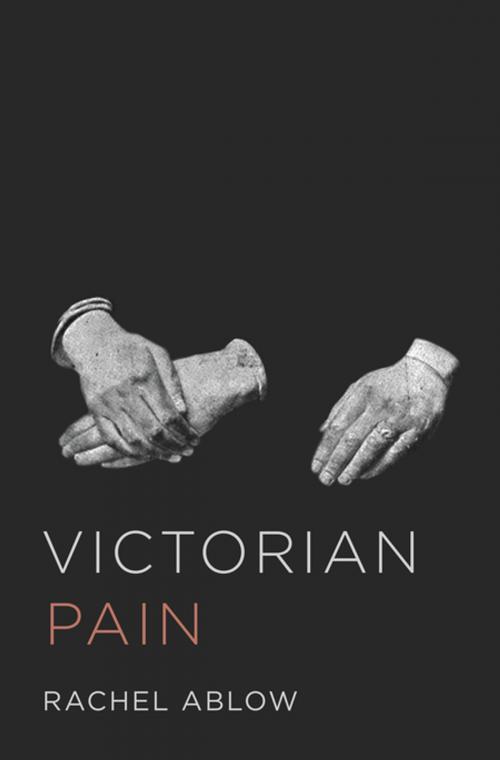Victorian Pain
Fiction & Literature, Literary Theory & Criticism, British, Nonfiction, Religion & Spirituality, Philosophy, Political| Author: | Rachel Ablow | ISBN: | 9781400885176 |
| Publisher: | Princeton University Press | Publication: | May 30, 2017 |
| Imprint: | Princeton University Press | Language: | English |
| Author: | Rachel Ablow |
| ISBN: | 9781400885176 |
| Publisher: | Princeton University Press |
| Publication: | May 30, 2017 |
| Imprint: | Princeton University Press |
| Language: | English |
The nineteenth century introduced developments in science and medicine that made the eradication of pain conceivable for the first time. This new understanding of pain brought with it a complex set of moral and philosophical dilemmas. If pain serves no obvious purpose, how do we reconcile its existence with a well-ordered universe? Examining how writers of the day engaged with such questions, Victorian Pain offers a compelling new literary and philosophical history of modern pain.
Rachel Ablow provides close readings of novelists Charlotte Brontë and Thomas Hardy and political and natural philosophers John Stuart Mill, Harriet Martineau, and Charles Darwin, as well as a variety of medical, scientific, and popular writers of the Victorian age. She explores how discussions of pain served as investigations into the status of persons and the nature and parameters of social life. No longer conceivable as divine trial or punishment, pain in the nineteenth century came to seem instead like a historical accident suggesting little or nothing about the individual who suffers.
A landmark study of Victorian literature and the history of pain, Victorian Pain shows how these writers came to see pain as a social as well as a personal problem. Rather than simply self-evident to the sufferer and unknowable to anyone else, pain was also understood to be produced between persons—and even, perhaps, by the fictions they read.
The nineteenth century introduced developments in science and medicine that made the eradication of pain conceivable for the first time. This new understanding of pain brought with it a complex set of moral and philosophical dilemmas. If pain serves no obvious purpose, how do we reconcile its existence with a well-ordered universe? Examining how writers of the day engaged with such questions, Victorian Pain offers a compelling new literary and philosophical history of modern pain.
Rachel Ablow provides close readings of novelists Charlotte Brontë and Thomas Hardy and political and natural philosophers John Stuart Mill, Harriet Martineau, and Charles Darwin, as well as a variety of medical, scientific, and popular writers of the Victorian age. She explores how discussions of pain served as investigations into the status of persons and the nature and parameters of social life. No longer conceivable as divine trial or punishment, pain in the nineteenth century came to seem instead like a historical accident suggesting little or nothing about the individual who suffers.
A landmark study of Victorian literature and the history of pain, Victorian Pain shows how these writers came to see pain as a social as well as a personal problem. Rather than simply self-evident to the sufferer and unknowable to anyone else, pain was also understood to be produced between persons—and even, perhaps, by the fictions they read.















